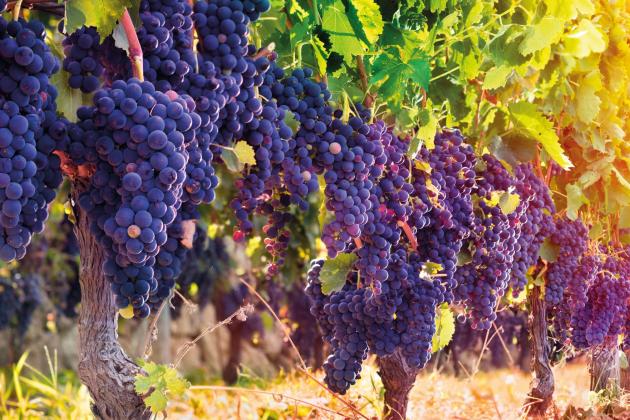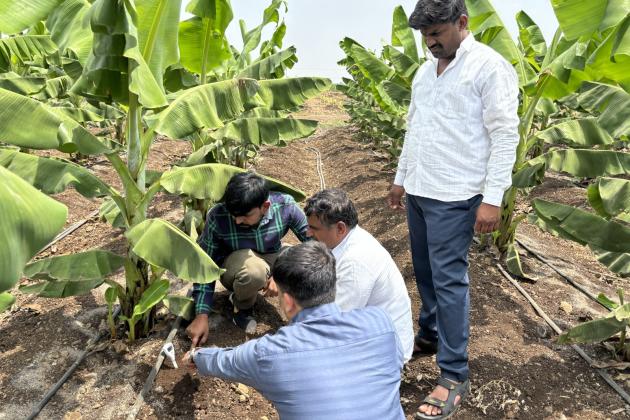
Nuts
Nut is a general term for the dry seed or fruit of some plants. Nuts are an important source of nutrition, containing unsaturated fatty acids, vitamins and mineral elements such as potassium, phosphorus and magnesium.
Global nut production today is more than 4.5 million tons per year, of which 1.36 million tons is almond production. The most common nuts include almond, walnut, pistachio and hazelnut that are being produced worldwide under either irrigated or rainfed (often water stressed) areas. Therefore, a large variation in yield can be observed, which is also affected by different cropping practices fertilization. The common denominator across the various nut crops is the need to achieve balanced fertilization. A balanced fertilization program is a prerequisite to ensure healthy root growth, maintain tree vigor and productivity in order to achieve the target yield to meet growing market demand.
Many nuts are still cropped under traditional practices, although recent research demonstrates the benefits of balanced fertilization in modern nut production. Nevertheless, fertilizer rates and application timings will have to be adjusted according to the requirements of each species, and fertilizer doses will depend on the growth stage of the trees.
Nut is a general term for the dry seed or fruit of some plants. Nuts are an important source of nutrition, containing unsaturated fatty acids, vitamins and mineral elements such as potassium, phosphorus and magnesium.
Global nut production today is more than 4.5 million tons per year, of which 1.36 million tons is almond production. The most common nuts include almond, walnut, pistachio and hazelnut that are being produced worldwide under either irrigated or rainfed (often water stressed) areas. Therefore, a large variation in yield can be observed, which is also affected by different cropping practices fertilization. The common denominator across the various nut crops is the need to achieve balanced fertilization. A balanced fertilization program is a prerequisite to ensure healthy root growth, maintain tree vigor and productivity in order to achieve the target yield to meet growing market demand.
Many nuts are still cropped under traditional practices, although recent research demonstrates the benefits of balanced fertilization in modern nut production. Nevertheless, fertilizer rates and application timings will have to be adjusted according to the requirements of each species, and fertilizer doses will depend on the growth stage of the trees.
Nut is a general term for the dry seed or fruit of some plants. Nuts are an important source of nutrition, containing unsaturated fatty acids, vitamins and mineral elements such as potassium, phosphorus and magnesium.
Global nut production today is more than 4.5 million tons per year, of which 1.36 million tons is almond production. The most common nuts include almond, walnut, pistachio and hazelnut that are being produced worldwide under either irrigated or rainfed (often water stressed) areas. Therefore, a large variation in yield can be observed, which is also affected by different cropping practices fertilization. The common denominator across the various nut crops is the need to achieve balanced fertilization. A balanced fertilization program is a prerequisite to ensure healthy root growth, maintain tree vigor and productivity in order to achieve the target yield to meet growing market demand.
Many nuts are still cropped under traditional practices, although recent research demonstrates the benefits of balanced fertilization in modern nut production. Nevertheless, fertilizer rates and application timings will have to be adjusted according to the requirements of each species, and fertilizer doses will depend on the growth stage of the trees.
Nut is a general term for the dry seed or fruit of some plants. Nuts are an important source of nutrition, containing unsaturated fatty acids, vitamins and mineral elements such as potassium, phosphorus and magnesium.
Global nut production today is more than 4.5 million tons per year, of which 1.36 million tons is almond production. The most common nuts include almond, walnut, pistachio and hazelnut that are being produced worldwide under either irrigated or rainfed (often water stressed) areas. Therefore, a large variation in yield can be observed, which is also affected by different cropping practices fertilization. The common denominator across the various nut crops is the need to achieve balanced fertilization. A balanced fertilization program is a prerequisite to ensure healthy root growth, maintain tree vigor and productivity in order to achieve the target yield to meet growing market demand.
Many nuts are still cropped under traditional practices, although recent research demonstrates the benefits of balanced fertilization in modern nut production. Nevertheless, fertilizer rates and application timings will have to be adjusted according to the requirements of each species, and fertilizer doses will depend on the growth stage of the trees.
Nut is a general term for the dry seed or fruit of some plants. Nuts are an important source of nutrition, containing unsaturated fatty acids, vitamins and mineral elements such as potassium, phosphorus and magnesium.
Global nut production today is more than 4.5 million tons per year, of which 1.36 million tons is almond production. The most common nuts include almond, walnut, pistachio and hazelnut that are being produced worldwide under either irrigated or rainfed (often water stressed) areas. Therefore, a large variation in yield can be observed, which is also affected by different cropping practices fertilization. The common denominator across the various nut crops is the need to achieve balanced fertilization. A balanced fertilization program is a prerequisite to ensure healthy root growth, maintain tree vigor and productivity in order to achieve the target yield to meet growing market demand.
Many nuts are still cropped under traditional practices, although recent research demonstrates the benefits of balanced fertilization in modern nut production. Nevertheless, fertilizer rates and application timings will have to be adjusted according to the requirements of each species, and fertilizer doses will depend on the growth stage of the trees.
-
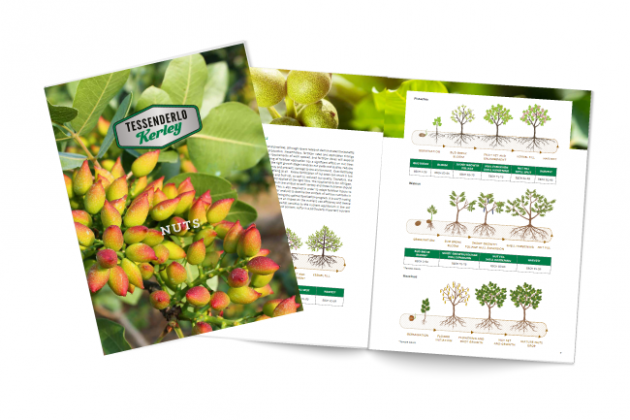 More news on pecan nuts using thiosulfates
More news on pecan nuts using thiosulfates -
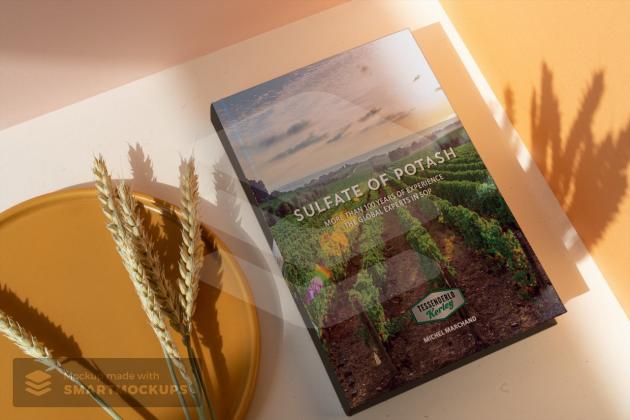
Do you want to know all about the use of sulfate of potassium (SOP) in agriculture ?
Download your copy of the book Sulfate of Potash
More news on SOP -
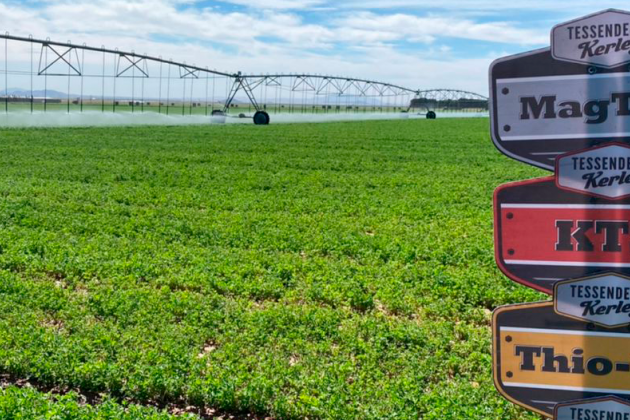
Our broad spectrum of solutions can assist all farmers regardless of crop type, soil type, water usage levels or climatic conditions.
Discover our range of products
Get the answers you need to product information, field trial results, blend testing, application tips and more. Find and contact your local expert in your region.
Contact us